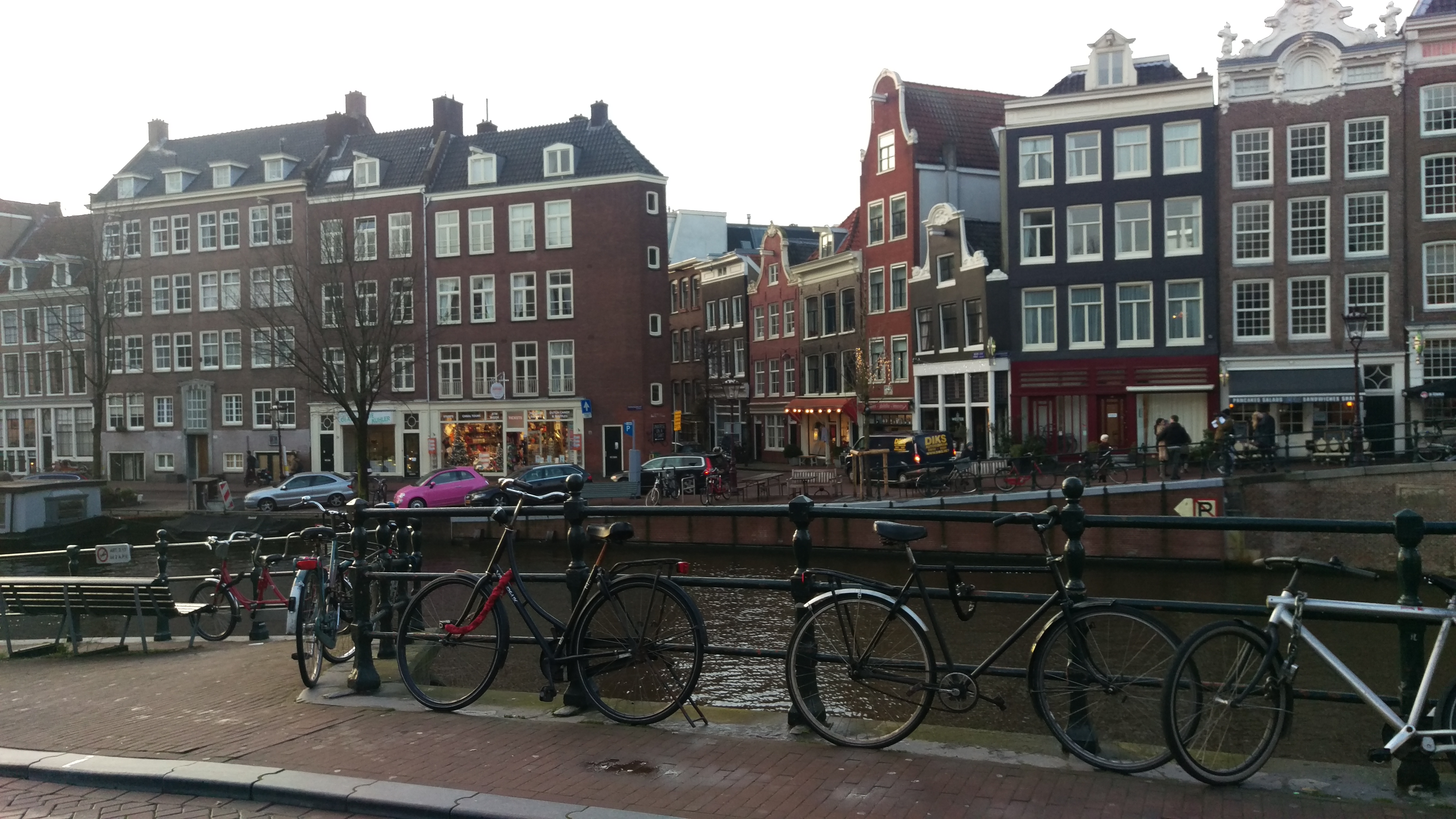By Steven McGinty
The Hackable City is an ongoing research project which investigates how digital media technologies can be used to provide opportunities for more democratic city development. Based in the Netherlands, this project was founded by One Architecture and the Mobile City Foundation, and aims to empower citizens and bring them closer to the key stakeholders of ‘city making’, including government institutions and design professionals.
The rise of the platform society
Sharing platforms, such as Airbnb (which allows individuals to rent out their homes), and more personalised platforms, such as Trip Advisor (which allows individuals to review different ‘experiences’), have changed the way people consume, interact, and share knowledge. They have become the norm, disrupting the traditional idea of the city and presenting new challenges for urban development.
Why use the term ‘hackable’?
The Hackable City project argues that some of the principles associated with hacker subcultures could help us think about how we can use technology to create more open cities. Hacker subcultures often have a focus on opening up data and sharing knowledge, co-operation between experts and amateurs and the idea of ‘learning by doing’.
The project remarks that this is in contrast to the more technologically-driven or consumerist view of cities, often associated with smart cities.
Case studies
The Hackable City project identifies several initiatives that they believe are hackable. These include:
- BSH5
The BSH5 project involves an informal collective of self-builders, who have constructed properties in a brownfield redevelopment in the north of Amsterdam. The group coordinates their activities via a mailing list, a community website, and through traditional meetings. Apart from building their individual houses, they are also involved in improving the surrounding neighbourhood. The Municipality of Amsterdam provided these plots on a 50-year lease, and although the initial take up came mostly from architects and designers, recent years have seen more diverse self-builders. The Municipality has a very close relationship with the group – a key reason it was considered a hackable initiative. For example, when the contracts were initially set up, the municipality was open to suggestions on how the project might work (partly as it sought to understand more about how these projects might affect future urban development). However, the neighbourhood blog ‘I love Noord’, has criticised this close relationship and the group, suggesting that the project is an attempt to create a gated community under the guise of child-friendliness and better public spaces.
- Peerby
Peerby is an online platform and mobile app that allows citizens to borrow items from people in their local area. The technology works by creating a common marketplace; however instead of providing a list of items, the user is given a set of questions, with the query emailed to the closest 100 users. So far, the project has been a success: with 80% of queries being responded to within 30 minutes. It provides people with an opportunity to borrow an item that isn’t often used, as well as to save money and reduce their levels of consumption, thus enhancing sustainability. This attempt to manage community resources differently is why Peerby is considered hackable.
- Ring Ring
Ring Ring is a pilot project that aims to encourage cycling by rewarding people for the number of kilometres cycled. The project was launched by Janine Hogendoorn, who, upon realising that cycling 30 minutes to work was not as hard as she first thought, decided to try and convince others. The project is currently lobbying the government to introduce tax exemptions for those who cycle to work. It also provides valuable data (such as where people cycle the most and when), which can be used to improve cycling infrastructure.
- Verbeter de buurt
Verbeter de buurt is an online platform and mobile phone app that allows local citizens to report problems and suggest ideas to their local municipality. The app provides a more convenient way for citizens to interact with government, and includes features such as the ability to track the progress of reports and to rate the handling of it. The majority of municipalities now accept these reports (320 out of 416), and 20 even use a customised package to streamline them. The main aim of the platform is not necessarily to manage complaints but to encourage citizens to share ideas with their municipalities. Verbeter de buurt is a hackable initiative because it transforms how citizens communicate with municipalities. It encourages citizens to care more about their local environment and to generate ideas to improve local areas. The team behind the project sees this platform as a way of reducing the bureaucracy associated with local government in the Netherlands (and in other countries).
Final thoughts
Hackable projects also exist outside of the Netherlands, such as the hackable cities toolkit, designed by the New School of Design Strategies at Parsons, in New York City. However, it will be interesting to see if these types of projects, which attempt to create a new dialogue between citizens and government, can become a more widespread and integral part of cities.
Follow us on Twitter to see what developments in public and social policy are interesting our research team. If you found this article interesting, you may also like to read:
Share
Related Posts
Supporting residents on the decarbonisation journey: leveraging data for effective retrofit projects
As the drive towards decarbonisation intensifies, the social housing sector’s ability to collect, store and manage vast amounts of data becomes increasingly critical. With a shared goal of creating warmer, carbon-free homes, housing associations’ strategic use of data is essential ....
With information now so accessible, it’s easy to assume that whenever you have a question you can simply tap it into a search engine. But, while the internet and digital search tools are undoubtedly useful for checking basic facts, when ....
Tackling geographical inequalities is critical for ensuring that all parts of the country have the potential to prosper. When the UK was a member of the European Union, it was entitled to a share of funding from the EU’s structural ....


